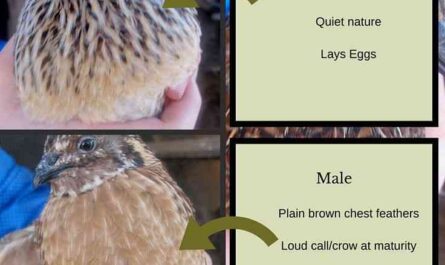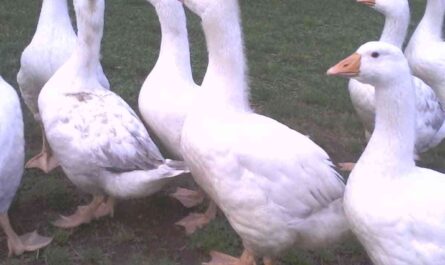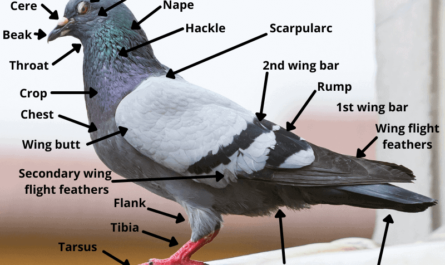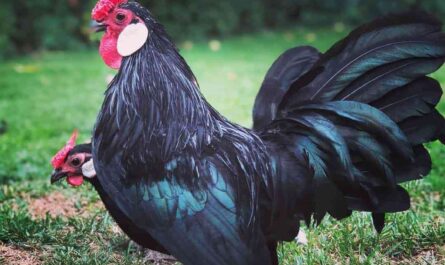Raising quail for eggs is profitable. Quails are smaller birds, but they are a good alternative to laying chicks.
Like many other poultry, quails are very productive and produce a large number of edible eggs. And quail eggs are considered a delicacy in some countries.
In addition to a very high level of egg production, quails are much cheaper and require less care and maintenance.
They also require less space and feed compared to other poultry such as ducks or chickens.
Raising quail for eggs
With each passing day, breeding quail for eggs, as well as for meat, is gaining popularity. Quails require less space, less feed and less maintenance and can be kept in both rural and urban areas.
They are an excellent alternative to chickens or ducks and their eggs are of good quality. However, here we will talk in more detail about the cultivation of quail for eggs.
Laws and regulations
First, check the laws and regulations in your area regarding raising quail.
Make sure your local government has regulations in place. Some regions or states may require a permit to raise quail.
And quail breeding in some areas may be completely prohibited. So be sure to follow the laws and regulations before thinking about raising quail for eggs.
Choose a breed
There are many breeds of quail in the world. Some of these breeds are suitable for meat production and others for egg production.
And some breeds of quail are very good at meat production and egg production. But in the case of breeding quail for eggs, you need to choose breeds that are suitable for egg production.
Generally, button quails and Japanese quails are very good breeds and the most common for egg production. We recommend Japanese quail for egg production.
Determine the number of birds
Determine the number of quails you want to have. Quails require less space than other poultry (eg chickens or ducks).
You can raise up to 6 quails in the same place as a chicken. If you want to breed quail on an industrial scale, the numbers will be high.
But a few quails will be enough if you want to keep quails for personal egg collection. A female quail usually lays 3-4 eggs per week.
Therefore, set the number of birds according to the number of eggs you want to get.
Buy quail chicks
You can buy quail chicks from one of the nearby quail breeders or any pet store in your area.
You can also order online or search local listings. You can also hatch quail eggs if you have an incubator.
Buying fertilized eggs for hatching will cost less than buying chickens. Learn more about incubating quail eggs.
Caring for quail chicks
Set up a brooder before purchasing and shipping your chicks home. Use a chick container or plastic box. A plastic crate or other such container can be used as a brooder.
The brooder should be comfortable and safe for the chicks as it will be their home for the next 3-5 weeks. Add absorbent bedding to your brooder and shavings can be used for this purpose.
Keep enough feeders and drinkers in the brooder. You can purchase a smaller feeder and waterer at your local farm store.
Keep a lamp in the brooder to keep the chicks warm. Quail chicks will need heat for 3-5 weeks or until their primary feathers have grown.
Set the heat lamp to 95°F the first week and gradually lower the temperature by 5°F each week until it reaches room temperature.
Quail Care
Move quail to their permanent home after they are 3 to 5 weeks old. Feed them properly, adult quail generally need a lot of protein.
Therefore, provide them with protein-enriched foods. You can buy ready-made quail feed in the market.
You can also feed the birds laying hen food if commercial quail food is not available in your area. And always try to provide enough clean water.
Make sure there is enough space in the house. Because overcrowding will be a problem for your birds as they get older.
They might get angry and start fighting if you can’t give them enough space. Clean the cage regularly. It is also good if it will be possible to separate males and females.
One male is enough for 5-10 female quails. You can separate males and females at 6 weeks of age. Learn more about the differences between male and female quail.
take care of laying hens
Taking care of laying hens/quails is the key to getting lots of eggs from your birds. Here we will tell you more about caring for egg-laying quail.
- Provide a suitable environment: You need to provide very good and suitable conditions for keeping quails, and also for getting a large number of eggs. The cage that hangs above the ground with a hole and the waste distributed underneath is fine for better egg production. And it will be better if the enclosure is isolated from noise and foreign animals and has plenty of fresh air and light. Generally, a barn or barn is a good place to keep your birds because it provides a weatherproof area that is isolated from potential threats.
- Save the birdhouses: Keep several nesting boxes in the cage. After all, female quail need a convenient place to lay their eggs. Regular or regular birdhouses for hens will be too large to provide comfort for the birds. So giving them an aviary for birds will be good or buying nesting boxes for quails in the market. But don’t give them an empty crate and, if possible, fill it with shavings, hay, and some nesting material. Quails usually lay their eggs in a nest on the ground.
- Give more space to laying birds: Normally, egg-laying quail require at least 1 square foot of floor space. The more space you give your birds, the fewer problems they will have.
- Adequate nutrition: Always try to feed your birds adequate and quality food. Regular quail feed should contain more than 20% protein-enriched feed. Also, if possible, provide the cell with a source of calcium. Calcium is essential for birds and will aid in the production of healthy, strong eggs in hens. Crushed oyster shells or eggshells are a good source of calcium.
- Lighting: Good lighting stimulates egg production. Provide artificial lighting in the quail cage if there is no natural light. You should allow around 14 hours of light per day for maximum egg production. But in any case, do not exceed 16 hours of light per day, because your birds also need dark time to sleep.
Egg collection
Check nest boxes daily and handle eggs with care as quail eggs are very small and fragile. Lift the eggs with your fingers and transfer them to an egg container (eg a basket).
Usually quail eggs are stored in the refrigerator for up to a week or even longer. Always wash eggs before using them.
These are the usual steps for raising quail for eggs. God bless you!









































